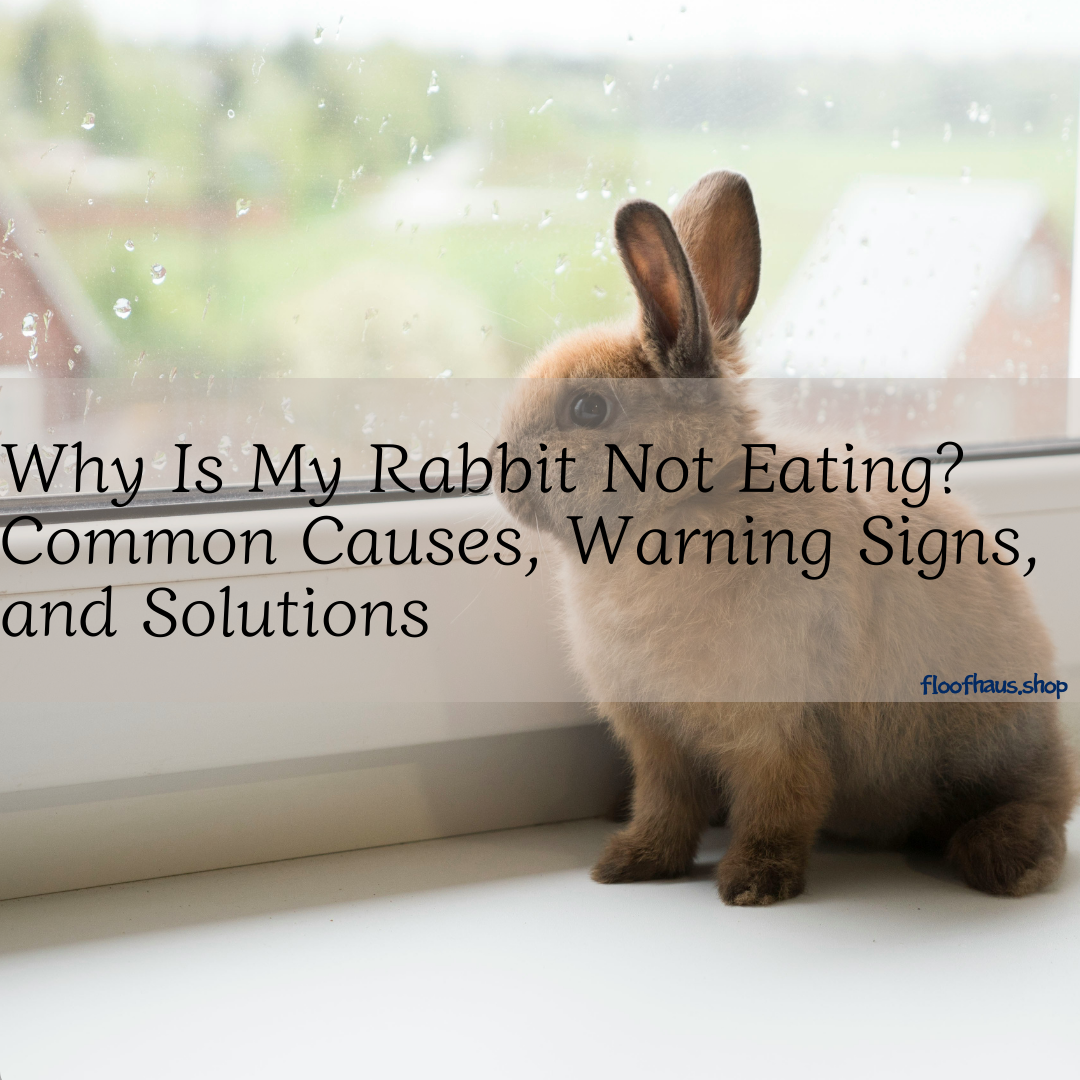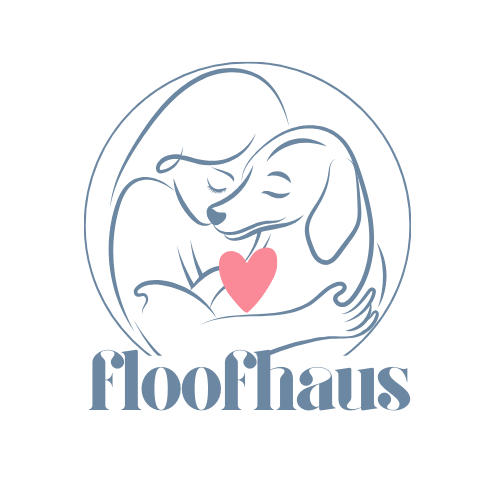
Why Is My Rabbit Not Eating? Common Causes, Warning Signs, and Solutions
Share

Rabbits are gentle, sensitive animals that rely heavily on a consistent diet to stay healthy. When a rabbit stops eating, it’s not something to take lightly—it can quickly become a medical emergency. Unlike cats or dogs, even a short period without food can cause serious complications in rabbits. If you’ve noticed your rabbit not eating, it’s important to act fast and understand what might be going on.
Why Eating Habits Matter in Rabbits
A rabbit’s digestive system is designed for constant motion. Their gut relies on a steady intake of hay, vegetables, and water to keep everything moving. When food stops going in, the digestive tract slows down and can even shut down, leading to a dangerous condition called gastrointestinal stasis.
This is why a rabbit not eating is a red flag. It’s not just a matter of missed meals—it could signal pain, stress, or illness.
Common Causes of a Rabbit Not Eating
1. Gastrointestinal Stasis
One of the most serious causes is gastrointestinal stasis (GI stasis). This occurs when food stops moving through the intestines, leading to gas buildup and intense discomfort. Rabbits with GI stasis often hunch up, grind their teeth, or refuse food entirely.
2. Dental Problems
Rabbit teeth grow continuously throughout their lives. If teeth become overgrown or develop sharp points, eating becomes painful. Dental pain is one of the most common hidden reasons behind a rabbit not eating. You may also notice drooling, a wet chin, or preference for softer foods.
3. Stress
Rabbits are highly sensitive to changes in their environment. Loud noises, a new pet, or even rearranging furniture can cause stress. Stress can lead to appetite loss, especially if combined with an unfamiliar routine.
4. Illness or Infection
Respiratory infections, urinary issues, or other underlying illnesses can make rabbits lose interest in food. Lethargy, discharge from the nose or eyes, or changes in posture may point toward illness.
5. Dietary Problems
Feeding too many pellets, sugary treats, or low-quality hay can upset a rabbit’s digestion. A proper diet should be hay-based, with fresh vegetables and limited pellets. If your rabbit’s diet has recently changed, it could explain their reluctance to eat.
6. Pain or Injury
Sometimes a rabbit not eating is simply due to pain. Arthritis, injuries, or other conditions can make eating uncomfortable.
Signs to Watch For
If your rabbit is refusing food, also look for:
-
Smaller or fewer droppings
-
Bloated abdomen
-
Lethargy or hiding
-
Tooth grinding (a sign of pain)
-
Sudden changes in water intake
These signs mean it’s time to contact a veterinarian immediately.
What to Do If Your Rabbit Stops Eating
Contact a Vet Right Away
The most important step is to see a rabbit-savvy veterinarian as soon as possible. Because rabbits decline quickly, waiting too long can put their life at risk.
Encourage Eating
While waiting for veterinary care, you can encourage your rabbit with their favorite greens, such as cilantro or parsley. Fresh hay should always be available. Avoid forcing food unless instructed by a vet.
Monitor Water Intake
Dehydration worsens digestive problems. Offer fresh, clean water, and consider a water bowl if your rabbit typically uses a bottle. Some rabbits drink more readily from bowls.
Reduce Stress
Keep your rabbit in a calm, quiet environment. Avoid handling too much, but ensure they feel safe and secure.
Preventing Appetite Loss in Rabbits
-
Provide unlimited hay. Timothy or orchard grass hay should make up most of their diet.
-
Offer fresh greens daily. Leafy vegetables keep them interested and healthy.
-
Limit pellets. Too many pellets can reduce hay consumption.
-
Schedule regular vet checkups. Dental exams are key.
-
Maintain a stress-free environment. Rabbits thrive on consistency.
How floofhaus Supports Rabbit Health
At floofhaus.shop, we know how crucial diet and environment are for rabbit well-being. That’s why we offer essentials like high-quality hay feeders, chew toys to prevent dental issues, and comfortable bedding to reduce stress. Creating a safe and enriching space not only helps prevent issues like appetite loss but also keeps your rabbit happy every day.
Explore our carefully curated selection to support your rabbit’s long-term health and comfort.
Final Thoughts
A rabbit not eating should never be ignored. Because their digestive systems are so delicate, even a few hours without food can lead to dangerous complications. Whether the cause is dental issues, stress, or illness, seeking prompt veterinary care is the best way to protect your rabbit. With the right attention, diet, and environment, your furry friend can bounce back and continue to enjoy a healthy, happy life.
Sources
- House Rabbit Society – https://rabbit.org/health
- VCA Animal Hospitals – https://vcahospitals.com/know-your-pet/gi-stasis-in-rabbits
- RSPCA – https://www.rspca.org.uk/adviceandwelfare/pets/rabbits
